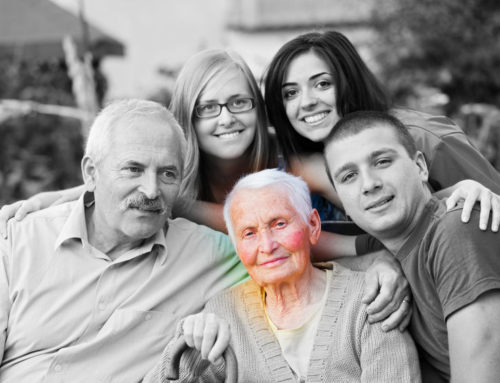Those with Alzheimer’s disease whose conditions have progressed to the later stages may ask to see loved ones who are no longer in their daily lives. For instance, many Alzheimer’s patients in their later stages—especially mothers—ask to see their children even though their children have grown-up, moved-out, and now live in faraway cities. They may insist to see their children—who they may think are infants—so when their caretakers tell them otherwise, they may grow very upset. In short, your loved one may believe that his or her children still live at home and still require care.
Unfortunately, confrontations with loved ones such as this can cause anxiety and stress for everyone involved. As already indicated, those with Alzheimer’s disease or dementia may feel betrayed and threatened, as they don’t understand why they don’t have the ability to see their children. Caregivers, on the other hand, may experience feelings of helplessness or overwhelm, as they find themselves in the position of having to tell their loved one potentially unsettling news.
If you find your loved one asking for children or other relatives who have passed-on, then you may want to come-up with a strategy for dealing with your loved one’s behavior in a constructive way that decreases anxiety for all those involved. For instance, you may simply want to tell your loved one that their children—or their loved ones—aren’t here right now, but that they’re in a safe place and that they love you. Depending on your loved one personality and temperament, you’ll need to come up with a specific strategy that works best for everyone involved. Whatever the case, you’ll want to make sure your loved one feels safe and secure.





